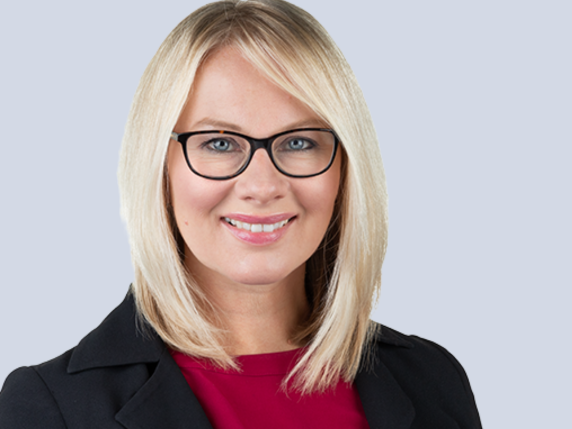Find out more about the people behind the advice in this new series of interviews with our solicitors. We catch up with Ed Kilner, our intellectual property and commercial technology Senior Solicitor, who shares his story about the football career he almost had and the benefits of Harper James’ unique culture.
How long have you worked at Harper James?
I joined the firm in March 2019.
What inspired you to practise law in the first place? Tell us about your legal career so far.
I was convinced I would be Manchester United’s next star player, but then I realised that professional footballers were getting younger than me and that ship had probably sailed! Law appealed to me because it offered the opportunity to combine detailed learning with the application of technical knowledge in a useful, practical way. I qualified into the commercial department at Harrison Clark Rickerby, where I worked with Rob Cobley. Rob moved to Harper James as a commercial technology partner, and I took the opportunity to join the team and experience something different.
How does working with Harper James compare with other firms you have worked at?
The atmosphere is brilliant. There are no internal politics, and everyone works together for the clients' good. You can get on with the job, enjoy what you do, and do it well. Allowing us to choose how we work is at the heart of the firm, and this gives us a greater quality of life. As a firm, we are incredibly flexible, ensuring business as usual with minimal disruption to our operations.
Define IP/commercial technology law in a sentence
It’s a really broad subject, but it comes down to giving a business as much security as possible while commercialising assets.
What’s the best piece of IP/commercial technology advice you could give a business?
Many of our clients are early-stage start-ups, and they have a lot going on during a busy and exciting period of growth. My advice is this: pause to reflect on your overall business strategy. Do you know what your assets are and what you need to do to protect and maximise them?
What has been the proudest moment at Harper James/of your career so far?
I have been involved in some really interesting deals with tough negotiations. One deal that stands out for me was advising on a software integration contract for a software provider which traced movements of crowds in busy places like airports.
What do you do to unwind?
Running, reading, watching movies and cooking. At the moment, I generally plan my life around watching the next Man United game.
Tell us a prediction for your practice area for 2026
The demand for well-structured commercial contracts and strong IP protection is only going to increase. If your business develops and licences technology, having the right agreements in place – covering ownership, licensing, and liability – will be more critical than ever. We’re also seeing a shift towards more precise contract terms, particularly around IP rights, warranties, and indemnities in industries such as software, AI, and digital content. If you operate your business across multiple jurisdictions, you really need to understand how different legal systems treat your IP and your contracts. If you take the time to get your contracts and IP strategy right early on, you will be in the strongest position for long-term success.
What advice would you give businesses facing challenges in 2026?
Your contracts should do more than manage risk – they should work for your business. Whether you’re licensing technology, entering into commercial agreements, or protecting your intellectual property, ensure your contracts reflect your long-term goals. Many companies don’t review agreements until there’s a problem, but getting them right at the outset can save a lot of time, money, and stress later on. If you’re developing or commercialising IP, make sure your contracts clearly define ownership, usage rights, and what happens if something goes wrong. A solid legal foundation will give you and your business the confidence to grow and innovate without unnecessary risk.







